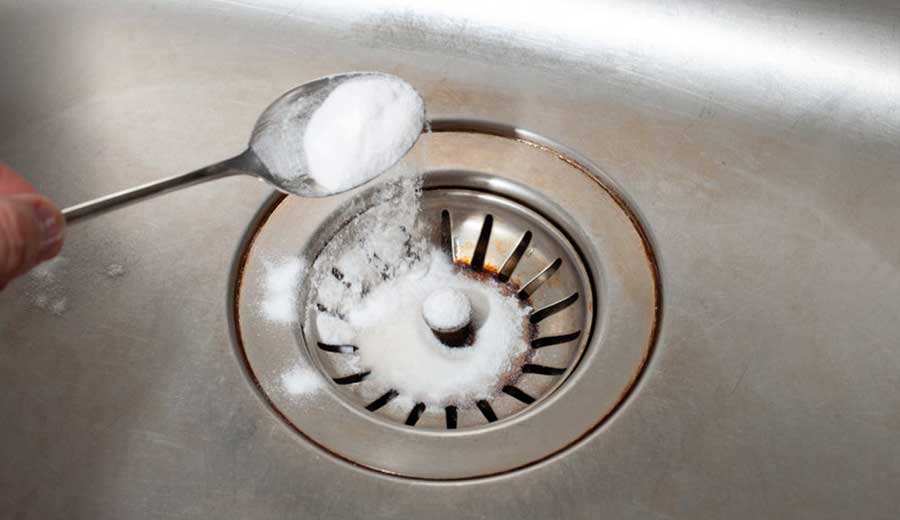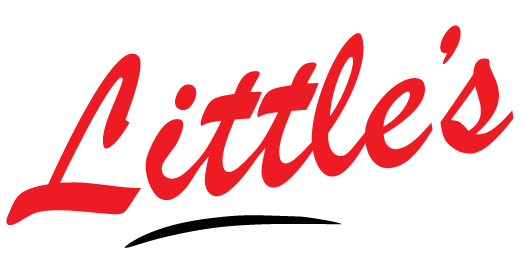
Encountering unexpected clogs in your septic system, particularly those that might cause a backup in your sinks or toilets, are liable to spur immediate searching for chemical assistance.
Is what you might most quickly find in supermarket or big-box aisles the right remedy?
It’s instructive here to remember how your septic system operates — not just its infrastructure but the biology and chemistry it relies upon to function.
Our initial visceral response to hearing the word “bacteria” is probably to cringe. But, in the case of your septic system, the millions of bacteria that inhabit your tank play a crucial role in treating your wastewater, beginning with feeding on the solids in there.
So it’s important not to do anything to create an imbalance in the bacteria in your tank. Some drain cleaners — among other things — kill that bacteria, which will cause the waste down there to build up much more quickly than ideal.
To avoid this, never use a drain cleaner not specifically marked as septic-tank safe. There are drain cleaners on the market that will give a clog a go without harming your septic tank’s bacteria.
Natural cleaners are often a viable alternative as well. Boiling water works well on simple clogs, especially grease. Or, harken back to elementary school science-project volcanoes by combining baking soda and vinegar. The fizzing reaction can eat away at the clog as well.
The best way to defeat a clog is, of course, to avoid having one. This seems obvious, but preventative maintenance and being smart about what you do — and especially don’t — put down drains and toilets is important to make sure your septic system functions properly.

